Why You Should Consider Switching to Plant-Based Milks
Posted: 12/08/2019
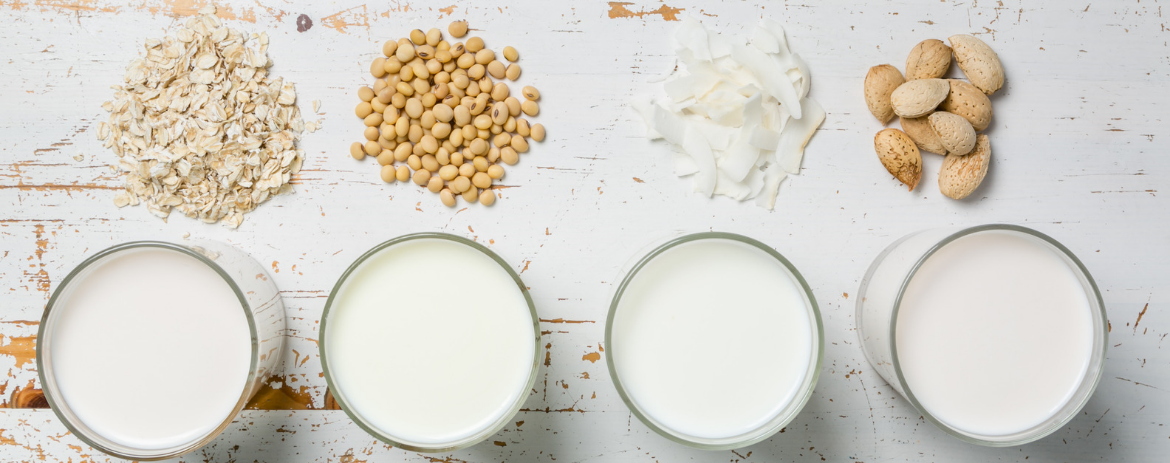
Not long ago, the only thing you could expect to drown your cereal in was whole cow’s milk. Now, not only do you get different varieties of cow’s milk – for example, skimmed, semi-skimmed and even lactose free – but you also get a vast choice of non-dairy alternatives.
Never before have we seen people across the world transition so quickly from one foodstuff to alternatives in this way before. People are fast realising that plant-based milks outweigh dairy in terms of benefits – for personal health, animal welfare, and the environment. These milks contain no dairy, making them perfect for those people who are vegan.
Let’s take a look at some of the most popular plant-based milks, and see what makes them such good alternatives to traditional dairy milk.
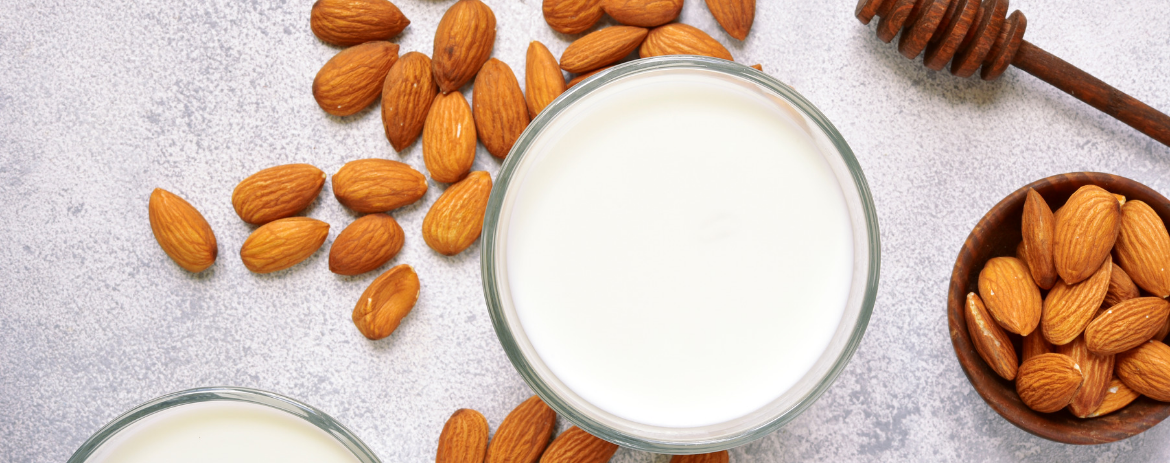
Almond Milk
Almond milk is made from ground almonds and filtered water. It may also contain starches and thickeners to improve its consistency and shelf life. While Vitamin D, calcium and protein are added, this milk is naturally rich in several other vitamins and minerals, especially Vitamin E. It is very low in calories as long as you use almond milk with no added sugar. Almond milk also doesn’t raise blood sugar levels, promotes healthy bones, and it may reduce the risk of heart disease.
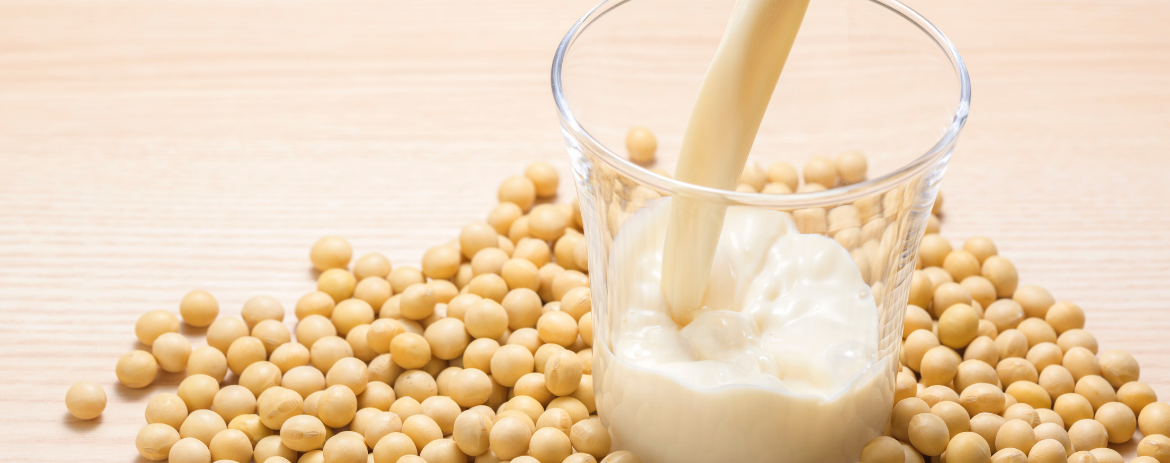
Soya Milk
Until a few years ago, soya milk was the only real alternative to dairy milk. Soya milk is made from soya beans and filtered water. Like other plant based milk alternatives, it may contain thickeners to improve consistency and shelf life. It’s naturally free of cholesterol and low in saturated fat. Soya milk is also a good source of protein, calcium and potassium, and is a better choice for people who have high blood pressure.
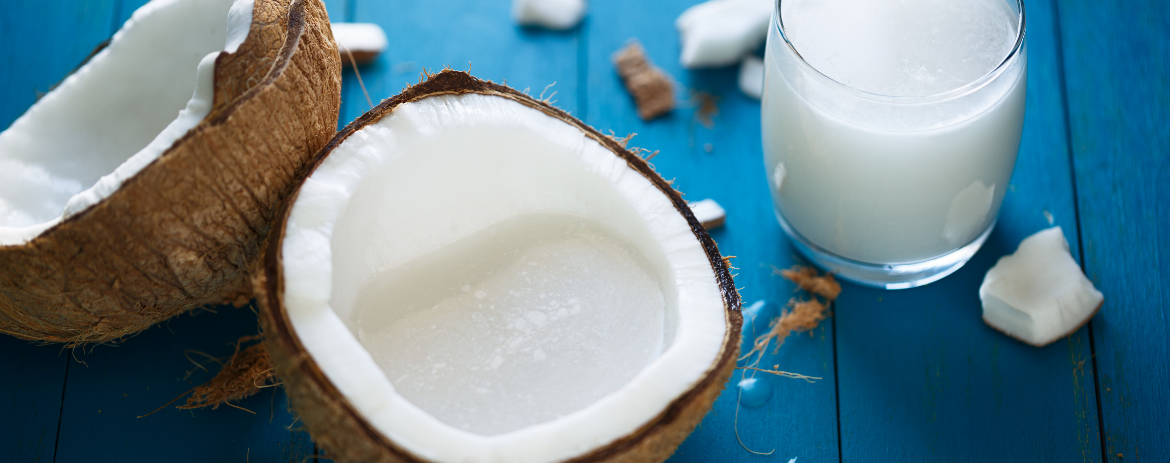
Coconut Milk
Coconut milk is made from filtered water and coconut cream, and is rich in vitamins and minerals. Studies show that coconut can aid with weight loss as the medium-chain triglycerides in the milk work to reduce body weight and waist size. It can also help to boost your immune system, as coconut milk contains lauric acid which has antimicrobial and anti-inflammatory properties.
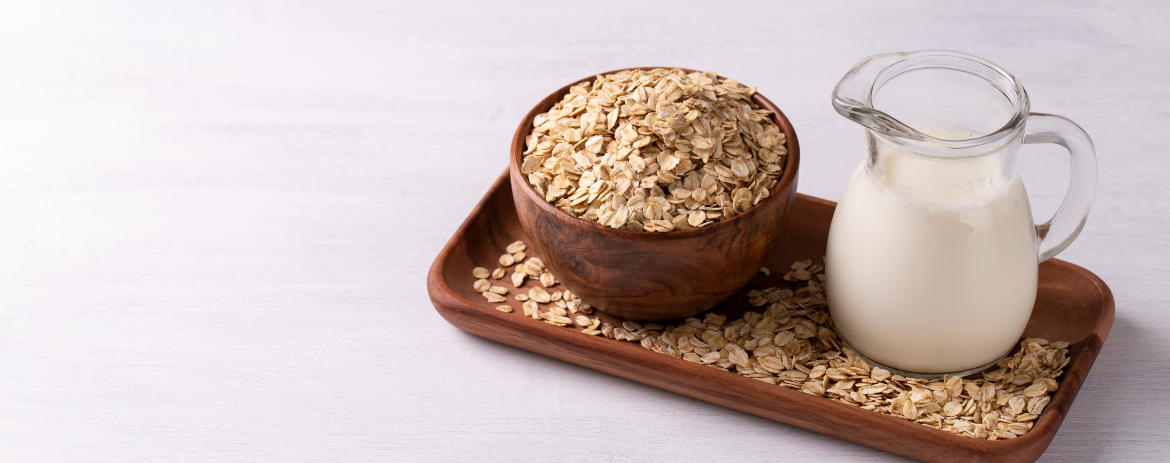
Oat Milk
Oat milk is made by soaking and blending steel-cut or rolled oats with water and then straining them through a cheesecloth to separate the milk from the oats. It’s an excellent source of many vitamins and minerals, and is fortified with added Vitamins A, D, B2 and B12, and minerals such as calcium. It’s great for bone health and may lower blood cholesterol.
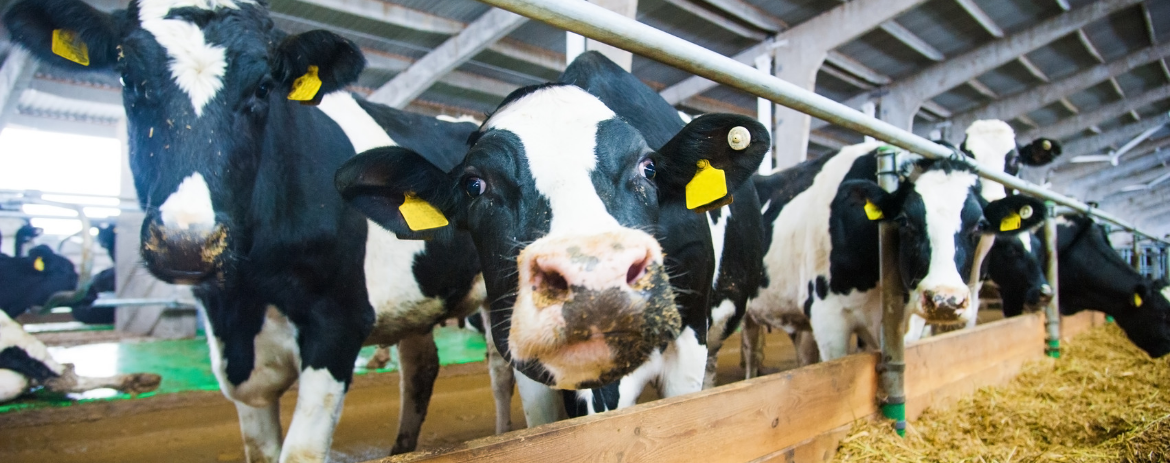
How Are Plant-Based Milks Better For The Environment?
Switching to plant-based milks is not just about the benefits for you and your body, but also about the positive impact it has on the environment. Studies show that side-stepping meat and dairy is the most impactful way to reduce your environmental footprint on the planet. Meat and dairy farming uses 83% of farmland and contributes 60% of agriculture’s greenhouse gases, while only producing 18% of food calories and 37% of protein.
And let’s not forget that milk production can be cruel. On some dairy farms, cows are forcibly impregnated via artificial insemination and babies are separated from their mothers, which can cause emotional distress. Choosing a plant-based alternative means choosing cruelty free.
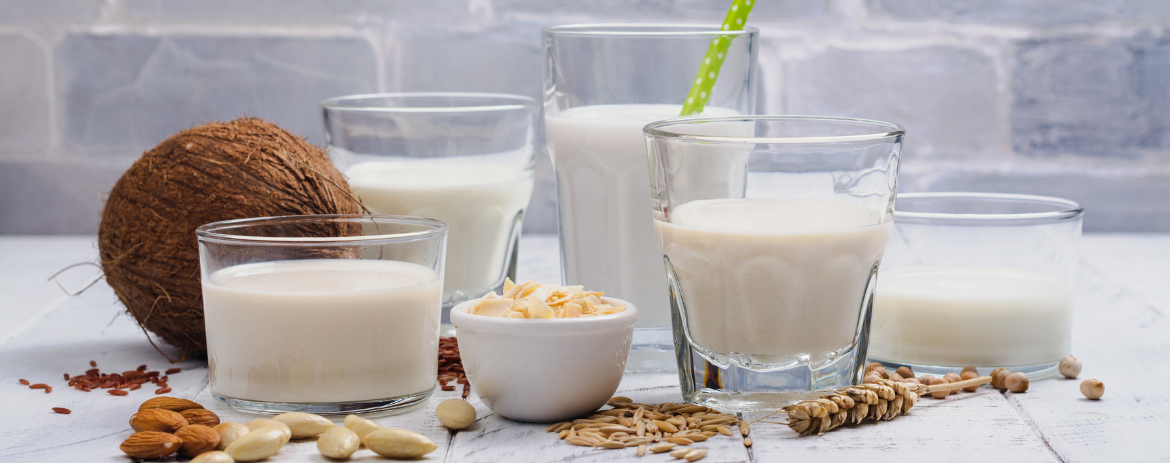
To Summarise….
The key to switching to plant-based milks is figuring out what works best for you personally. Do you like the sweetness of soya milk? Do you prefer to go even more eco-friendly? At the end of the day, the choice is yours. When it comes down to it, all plant-based options are ultimately better for the planet than dairy products. Incorporating more of these and slowly reducing dairy milk is a really easy way to live a more sustainable life. At the Reynolds Retreat, we have a variety of milks on offer, so why not try some in your next coffee and tell us what you think?



